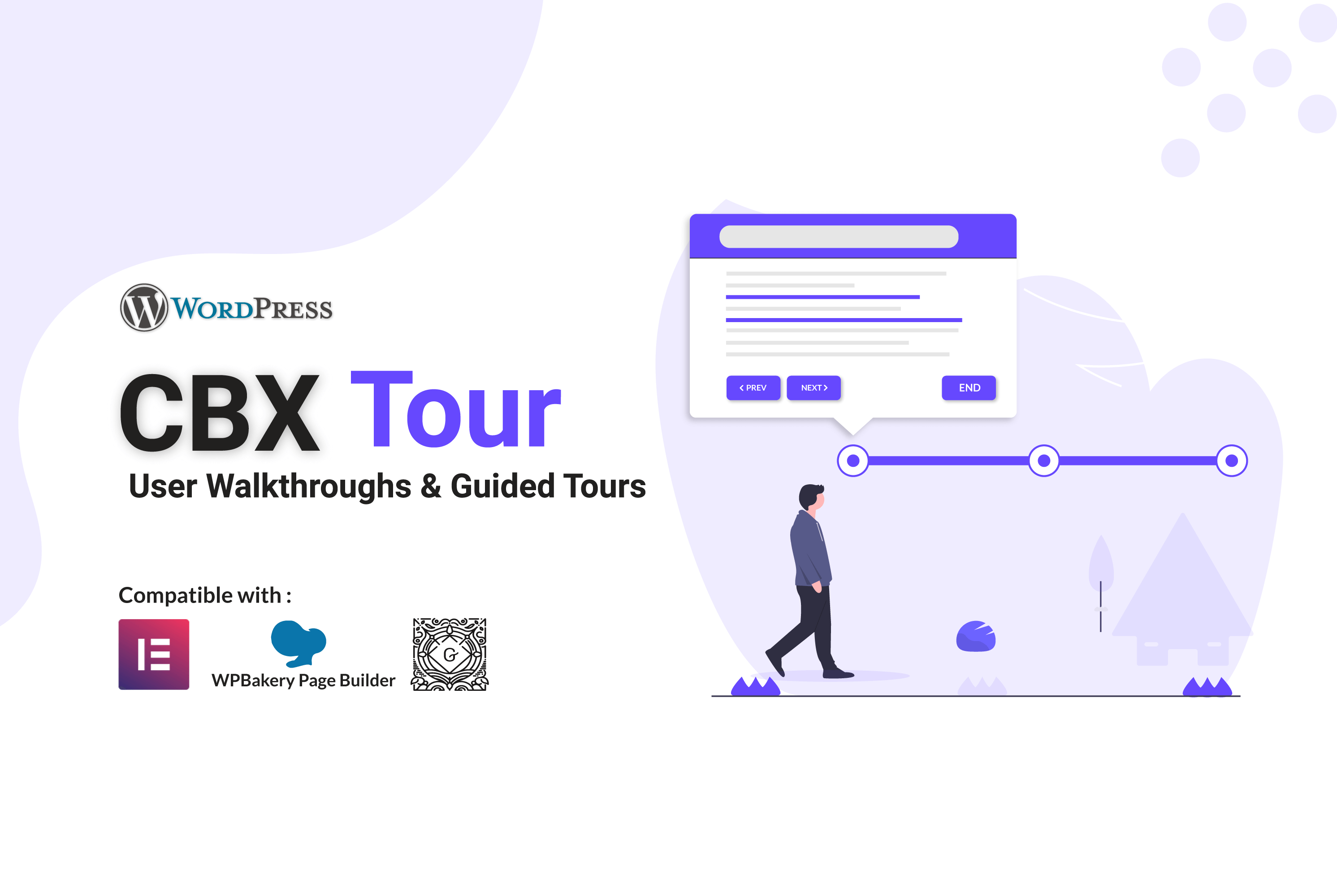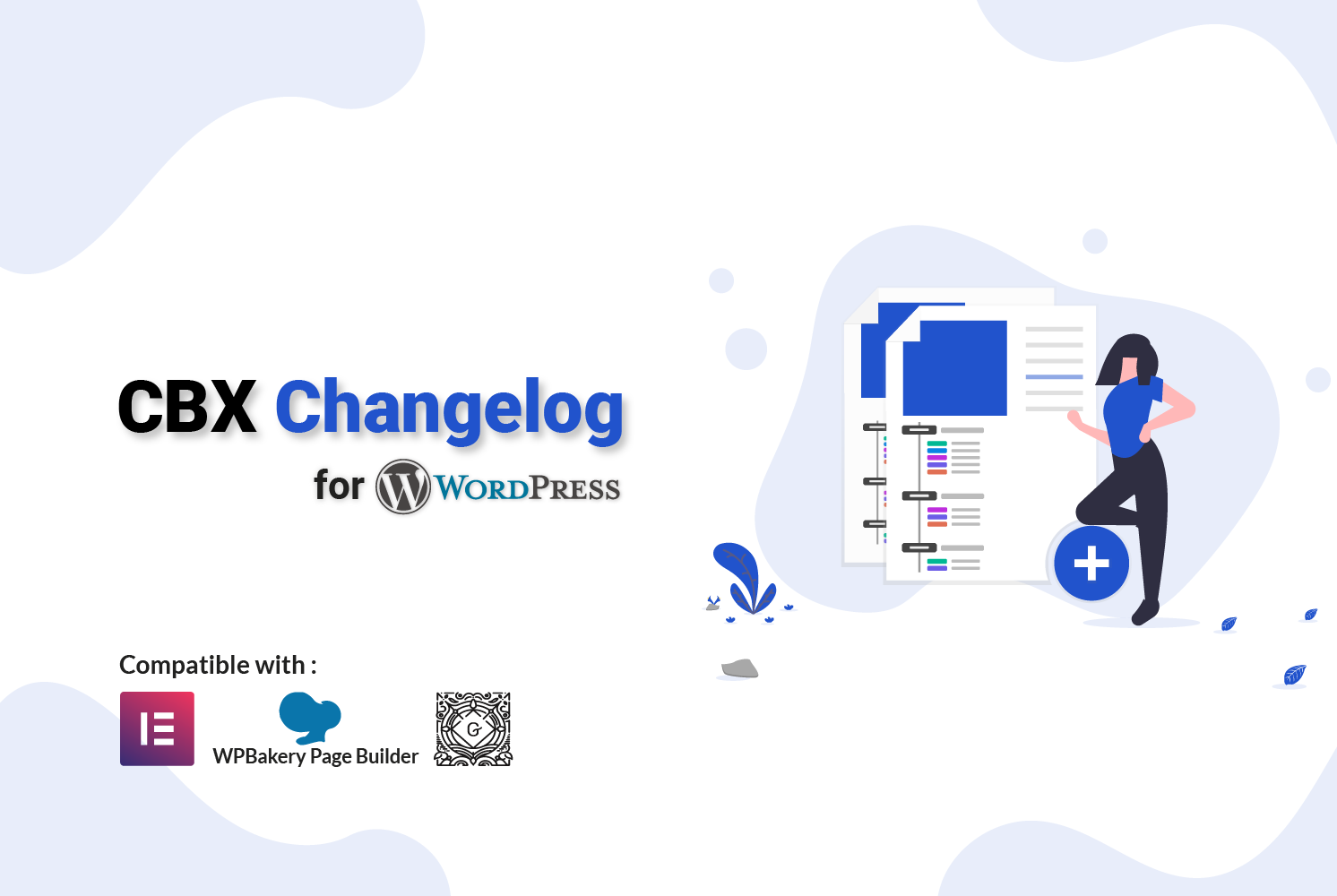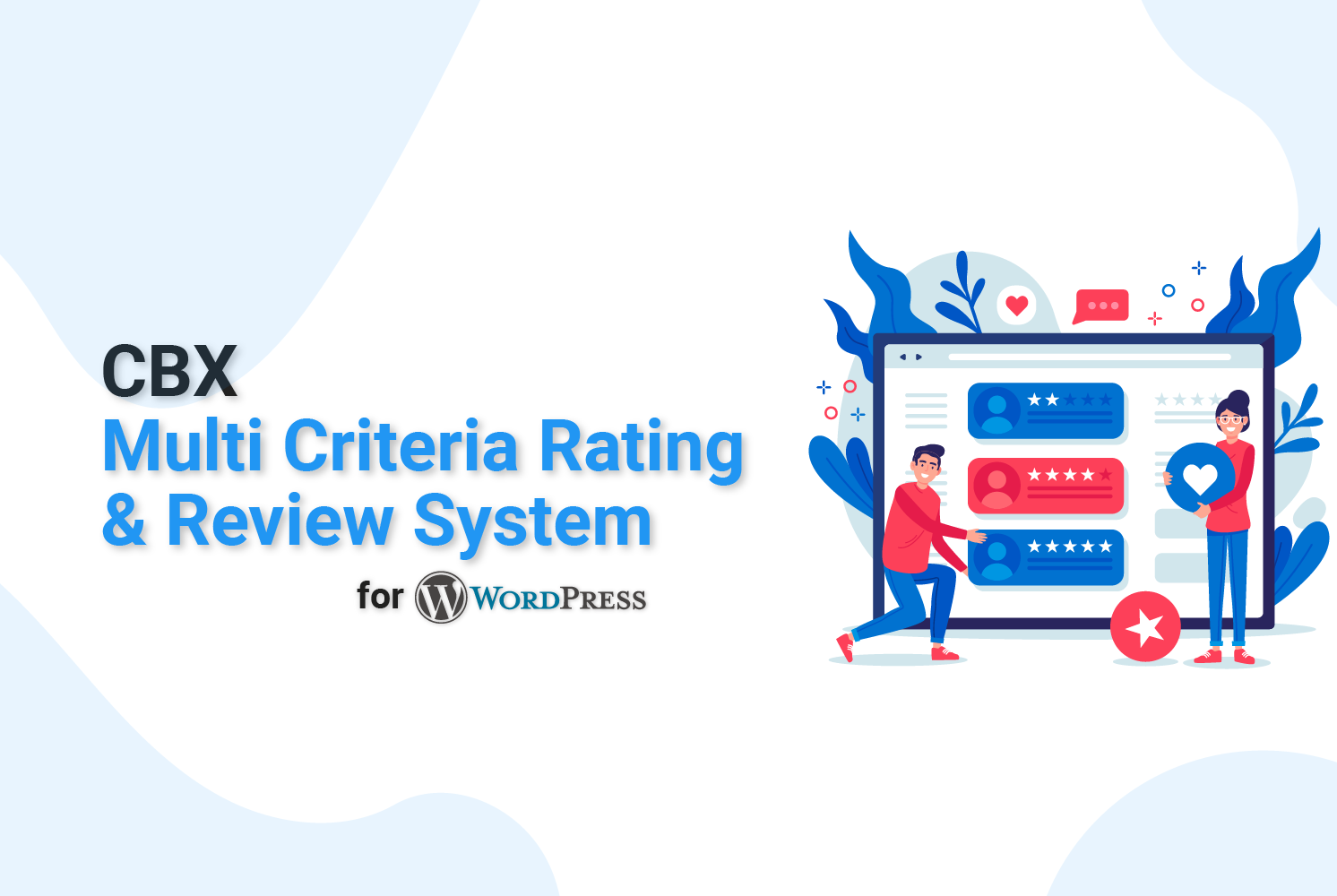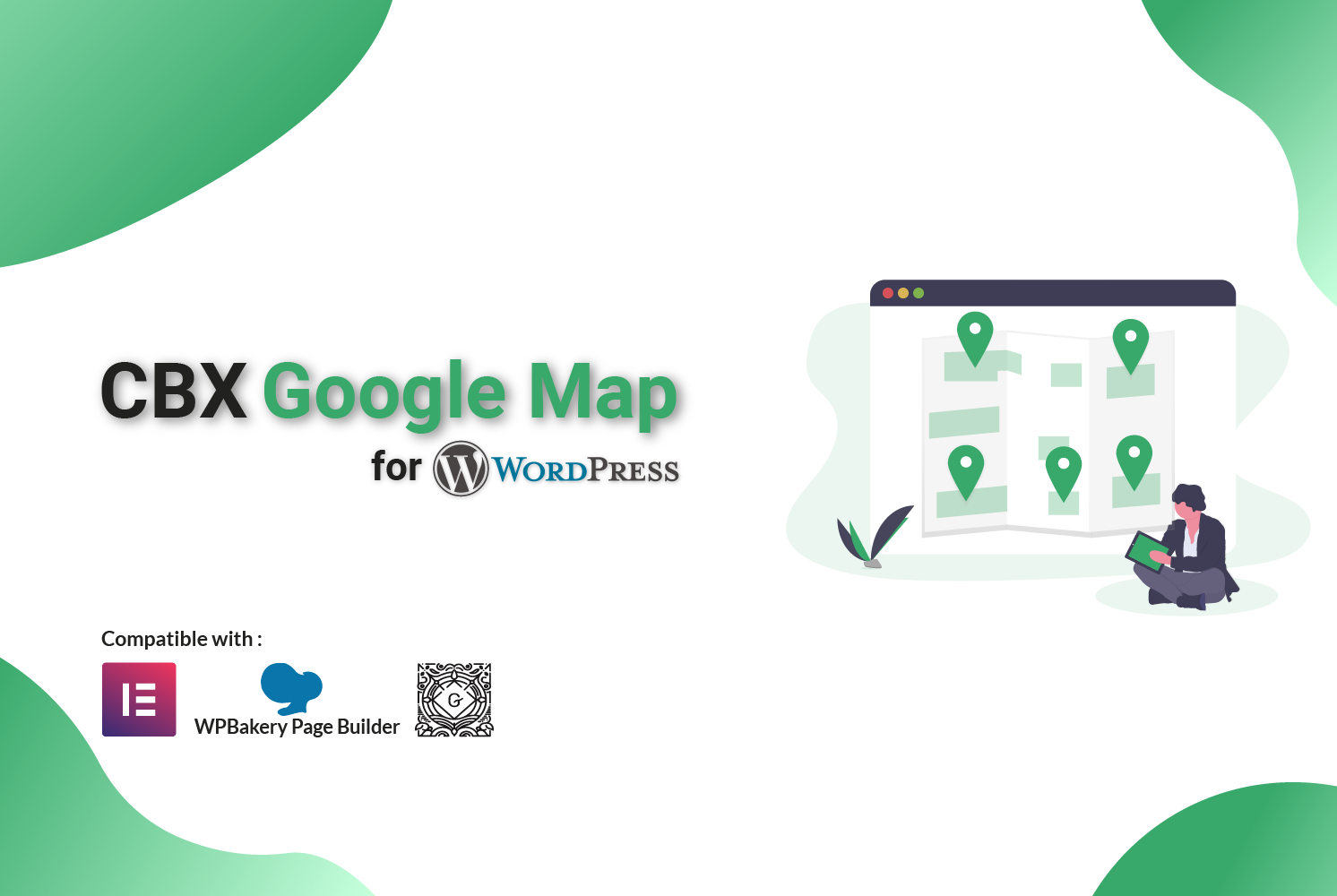Why Authority is the Real SEO Superpower
Search Engine Optimization has always been full of buzzwords. Keywords, backlinks, algorithms, content freshness — the SEO world spins faster than most industries can keep up. But in this whirlwind, one principle rises above all others: Authority.
Authority is not a mystical metric reserved for big brands. It is a practical, measurable, and buildable force that determines who owns page one of Google, and who lingers in the shadows of page two (or worse). In this article, I will explain in plain language why authority is the real SEO superpower, how Google looks at it, and most importantly, how you can build it for your website, whether you’re a blogger, an eCommerce business, or a SaaS company.
What Do We Mean by “Authority” in SEO?
Authority in SEO is like reputation in real life. Imagine you’re looking for health advice. Would you trust a random stranger on the street, or would you trust a doctor with years of experience? Google thinks the same way. It wants to send users to websites that have proven expertise, trustworthiness, and credibility.
In technical SEO terms, authority is a mix of:
- Domain Authority (DA): A metric popularized by Moz, which scores your domain’s strength on a scale of 1-100.
- Page Authority (PA): The credibility of an individual page within your site.
- E-E-A-T: Google’s guideline acronym for Experience, Expertise, Authoritativeness, and Trustworthiness. This isn’t a number you can track directly, but it shapes Google’s entire approach to rankings.
- Backlinks: Votes of confidence from other sites pointing to your content.
But don’t get lost in acronyms. For a layman’s perspective, just remember: the more your website is trusted by people and referenced by other websites, the higher your authority, and the better your SEO rankings.
Why Authority Beats Everything Else
Here’s the blunt truth: you can optimize your on-page SEO to perfection, choose the right keywords, even write beautiful content — but without authority, you’ll be stuck in the traffic jam of mediocrity. Why? Because Google sees authority as the tie-breaker.
Two websites with similar content, targeting the same keyword, will not rank equally. The website with higher authority usually wins. Authority is the deciding factor when competition is tough.
Authority isn’t built overnight. And that’s why it’s so powerful. Anyone can stuff keywords, anyone can tweak meta tags, but building authority takes consistency, credibility, and a long-term strategy. That’s why authority is truly the SEO superpower.
The Psychology Behind Google’s Obsession With Authority
Google’s mission is simple: “Organize the world’s information and make it universally accessible and useful.” That means Google must prioritize accurate, trustworthy information over noise. In a world where misinformation spreads fast, Google cannot afford to send users to unreliable sources.
Authority is Google’s safeguard. It’s like a social filter:
- If a hundred websites reference your article, you must be doing something right.
- If experts in your industry quote you, your voice carries more weight.
- If users stay on your site longer, Google notices that engagement as a signal of trust.
Authority helps Google make safer decisions. And as SEO experts, that’s exactly what we need to lean into.
How Do You Build Authority in SEO?
Building authority sounds intimidating, but it’s achievable. Think of it as growing your reputation step by step. Let’s break it down.
1. Publish High-Value Content
Forget “content is king.” In 2025, valuable content is emperor. Value means your content solves real problems, answers real questions, and provides unique insights. A blog post that regurgitates the same top 10 tips found everywhere will not build authority. Instead:
- Write guides that go deeper than competitors.
- Use case studies, real examples, and unique data.
- Structure your articles to be scannable yet detailed.
Example: If you run a digital marketing agency, instead of just writing “SEO tips,” write “How Local Coffee Shops Can Triple Walk-in Customers With SEO.” That kind of specificity builds trust and authority.
2. Earn High-Quality Backlinks
Backlinks remain the strongest external signal of authority. But quality matters more than quantity. Ten backlinks from respected industry websites beat a hundred backlinks from spammy blogs.
Tactics to earn backlinks include:
- Guest posting on relevant, high-authority websites.
- Creating original research and statistics that others want to cite.
- Building tools or resources that attract natural mentions.
3. Showcase Your Expertise (E-E-A-T)
Google wants to know who is behind the content. Add author bios, list credentials, link to professional social profiles, and show that real humans with expertise are creating your content. This matters especially in “Your Money, Your Life” niches like finance, health, and legal industries.
4. Build Brand Authority
A recognized brand naturally carries more authority. When people search your brand name plus your services, Google notices. Brand searches signal trust. Work on PR, social media consistency, and appearing in industry discussions to strengthen your brand’s authority.
5. Technical SEO Still Matters
Authority without a solid technical foundation is like building a castle on quicksand. Make sure your website loads fast, is mobile-friendly, and secure (HTTPS). These are indirect signals that support your authority in the eyes of Google.
Authority in the Age of AI Search
With the rise of AI-driven search like Google’s Search Generative Experience (SGE), authority is becoming even more crucial. AI pulls answers directly into search results, often referencing only the most authoritative sources. If you don’t have authority, you may not even get a chance to appear in AI summaries.
This means your website must position itself as a “go-to expert.” Authority determines whether AI treats your content as a primary source or ignores it.
Common Misconceptions About Authority
Many beginners misunderstand authority in SEO. Let’s clear some myths:
- Myth: Authority = Domain Age. Older domains do not automatically have authority. It’s about quality, not just age.
- Myth: More Content = More Authority. Publishing lots of shallow content won’t help. Depth matters.
- Myth: Buying Backlinks Builds Authority. This is a shortcut that often leads to penalties, not rankings.
Authority is Compounding Power
Here’s the magic of authority: it compounds. The stronger your authority grows, the easier it becomes to rank for new keywords. Imagine authority as a snowball rolling downhill. At first, it’s tiny, hard to push, and progress feels slow. But as it grows, momentum kicks in. Eventually, even small efforts — a blog post, a press release, a new page — bring outsized results.
This is why businesses that invest in authority early dominate markets later. It’s the true SEO superpower.
Conclusion: Authority Is the Long Game Worth Playing
SEO trends come and go. Some years it’s all about voice search, some years about Core Web Vitals, other years about AI. But authority is the one constant. Search engines want to reward trusted, credible, authoritative websites. If you want to win at SEO for the long haul, authority must be your north star.
Build content that matters, earn recognition from your peers, and show your expertise openly. Do this consistently, and Google will not just notice — it will reward you.
Need to build a Website or Application?
Since 2011, Codeboxr has been transforming client visions into powerful, user-friendly web experiences. We specialize in building bespoke web applications that drive growth and engagement.
Our deep expertise in modern technologies like Laravel and Flutter allows us to create robust, scalable solutions from the ground up. As WordPress veterans, we also excel at crafting high-performance websites and developing advanced custom plugins that extend functionality perfectly to your needs.
Let’s build the advanced web solution your business demands.








